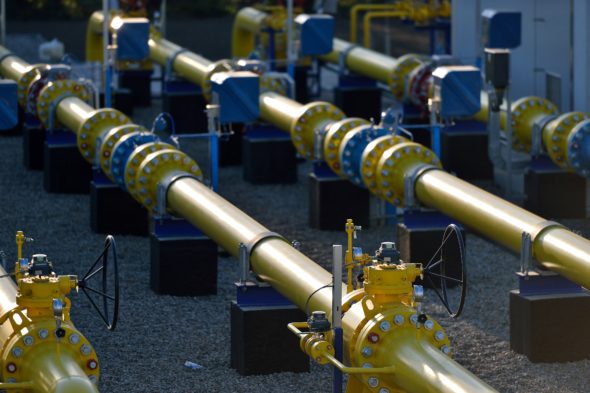What goes on in Poland on the 15th of April.
Poland will abandon LPG from Russia by the end of 2022
Prime Minister Mateusz Morawiecki announced that Poland would abandon the import of liquefied petroleum gas from Russia by the end of the year.
„We are giving up LPG by the end of the year, we are preparing the infrastructure and directions of import so that there is no import from Russia,” announced the Prime Minister of the Republic of Poland. This is a response to criticism for the overturning of the Senate’s amendment introducing an embargo on LPG, in addition to coal proposed by the Sejm of the Republic of Poland.
„LPG, i.e. gas used by over 3 million car users, as well as for heating homes, will also be subject to the same restrictions and restrictions that we proposed along with the radical departure from hydrocarbons,” assured Mateusz Morawiecki.
Azoty banish the specter of a food crisis
Russia’s attack on Ukraine is hitting the supply of food products due to record gas prices, decreased fertilizer production in Europe, which may result in smaller crops. Grupa Azoty (Polish fertilizer producer – ed.) has reassured that Poland is self-sufficient in this respect.
„Despite the very demanding situation on the commodity markets, and above all the drastic increases in gas prices and their high volatility, the production of fertilizers at the Azoty Group is continued. We carry out all planned deliveries to the nationwide network of authorized distributors, while building stocks for further applications after the first part of the fertilization season,” explains Monika Darnobyt, spokesperson for Grupa Azoty. „As Grupa Azoty, we have taken all possible steps to meet the fertilization needs of Polish farmers before the peak of the spring season. From the second half of 2021 – observing the increased demand for fertilizers on the domestic market – Grupa Azoty decided to limit spot deliveries to the existing foreign markets and redirect larger volumes of fertilizers to the domestic market,” she explained.









